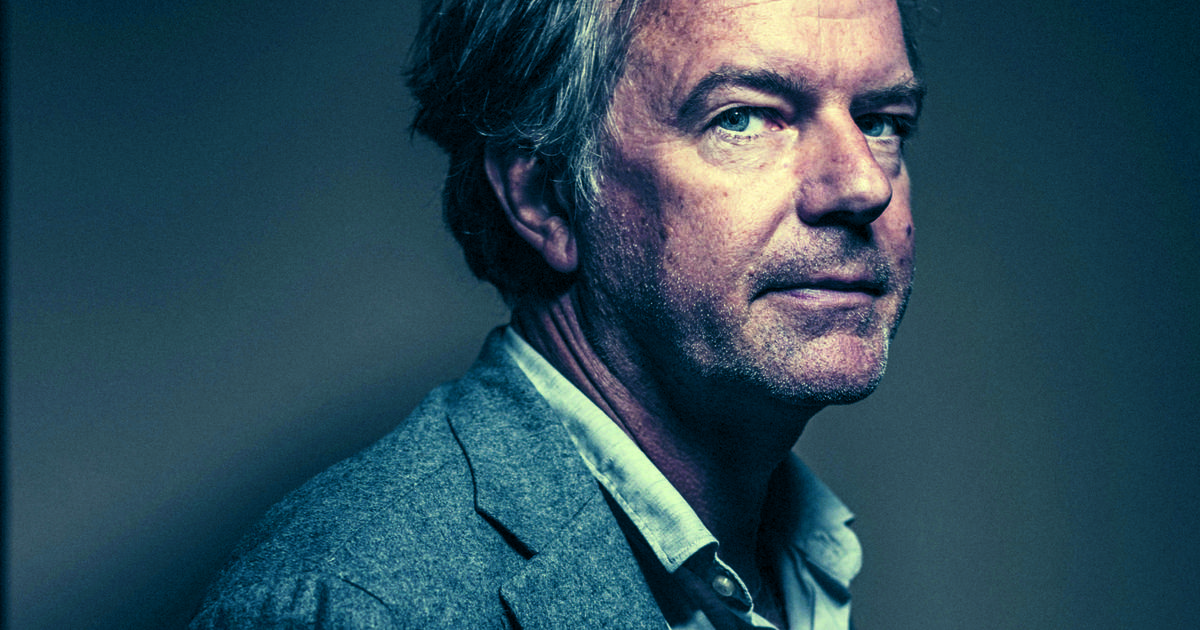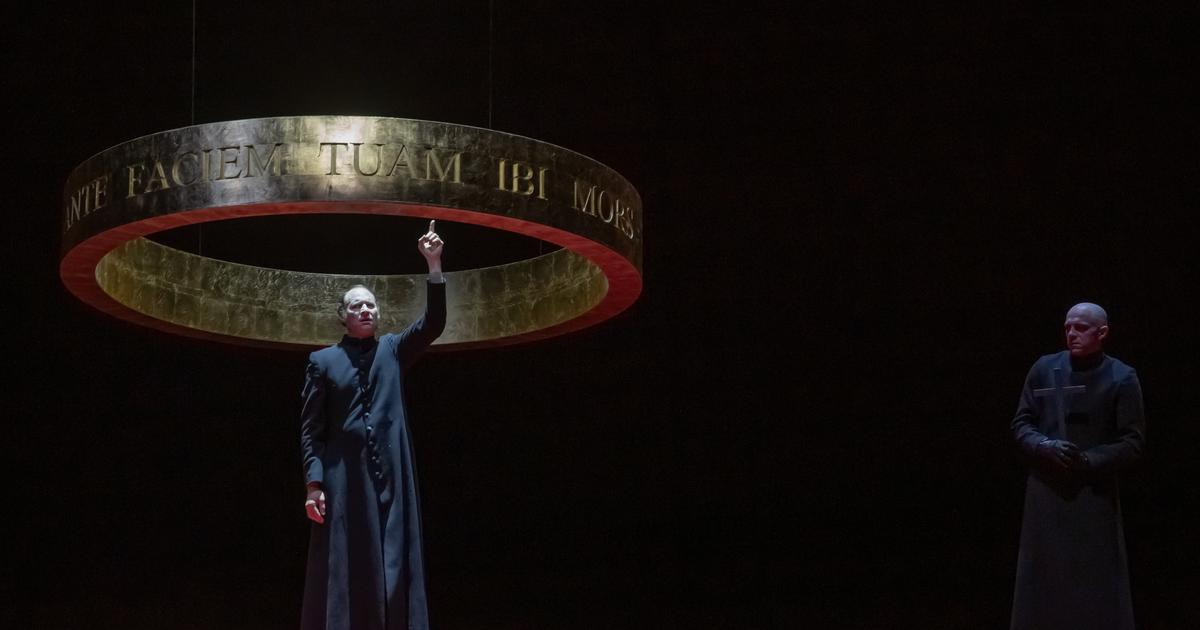Cycling as an alternative to the car. The planned cycling law of the CSU and Free Voters includes as a target to build 2030 kilometers of new cycle paths in Bavaria by 1500. The Greens and the ADFC find too little. In general, there is a lack of a secure connection to almost every neighboring municipality. Peter Gutting, district chairman of the ADFC Erding Dialogue rather than protest Copying © from the neighbours Bauersachs
The ADFC Erding criticises the state government's draft of a new cycling law as electoral tactics and not ambitious enough. The Greens in the district see this as at least a good approach.
District – The planned cycling law of the CSU and Free Voters (FW) includes as a target to build 1500 kilometers of new cycle paths by 2030 in Bavaria. Even before the state elections in October, it should be a done deal. The cycling associations see this as a diversionary manoeuvre from their much broader project; the Greens think it is at least a good approach.
Peter Gutting, district chairman of the ADFC Erding, also assesses the state government's initiative "in principle as a success", which, however, would not have come about without pressure from the associations – a referendum for a much more comprehensive cycling law in Bavaria with more than 100,000 supporters. He complains that "no involvement" has taken place, the parties have "quickly cobbled together a cycling law in terms of electoral tactics, after all demands on the part of the associations since 2017 had been rejected".
Background: The associations and parties represented in the "Radentscheid Bayern" have proposed their own law, which the Bavarian Ministry of the Interior considers unconstitutional. A major difference to the draft of the government factions is that the cycling associations are calling for an obligation to build cycle paths for all future road conversions and new ones. Whether the request is admissible will be decided by the Bavarian Constitutional Court on 7 June.
It is inexplicable to Gutting why the experience of the associations is not tapped. He emphasizes: "We want a dialogue, we are not looking for protest actions." In addition, the new draft law is not very ambitious: "1500 kilometers of cycle path by 2030 would be 91 meters per year and municipality," Gutting calculates.
"That's a joke," says Eitting's mayor Reinhard Huber (Ortsliste Reisen), whose municipality is a member of the Local Action Group (LAG) Middle Isar Region, which, among other things, is trying to expand the cross-district cycle path network. "We could even manage the 91 meters per year," he jokes in an interview with the local newspaper. In principle, however, a nationwide network of cycle paths is not possible at the current land prices without subsidies. For him, the state government's draft is a "beautiful painting without effect".
Gutting praises the fact that there are "quite willing politicians" on the ground who want to make a difference. But the different authorities, especially across district borders, would slow down the company Cycle Path Act. "There is generally a lack of a secure connection to almost every neighboring municipality," complains the ADFC chairman. Some cycle paths, especially in the east of the district, are well developed. "For example, the cycle path from Dorfen to Erding, but then it suddenly stops." This is the case in many places. The ADFC is "in good dialogue" with the city of Erding. Something is moving forward."
District Administrator Martin Bayerstorfer (CSU), on the other hand, is slowing down all proposals on the part of the ADFC on the grounds: "I don't want any bicycle highways across the country," Gutting quotes the district chief. There is a "stark difference between urban and rural".
According to Herbert Maier, Green Party city councillor in Erding and an enthusiastic cyclist with 5000 kilometres per year, the route plays less of a major role in the city. Here, often confusing traffic junctions are the problem. "It stinks every time how much faster the cars get over an intersection compared to the cyclists." He pleads for a speed limit of 30 km/h throughout the city, which would defuse the dangerous situation.
The cycling law of the CSU and FW also contains the establishment of a central office for cycling. For example, municipalities could increasingly approve bicycle parking spaces instead of car parking spaces in construction projects. Maier is in favour of this. "It's positive that things are moving."
0
Also Read
Kick at beach party: Four years in prison for 25-year-old
READ
Monika Gruber on the climate demonstration in Erding: "I don't stand for any party" - How the cabaret artist wants to differentiate herself from the AfD
READ
Fashion store Cactus has to close
READ
Wartenberg: With Hercules hops to a strong folk festival
READ
Four parishes, one association: a major community project celebrates its tenth anniversary
READ
Fancy a voyage of discovery?
My Area
The bill also takes up the discounted bike transport ticket on the train, which has already been announced by Prime Minister Markus Söder (CSU), and it should cost one euro per trip and bike. So far, taking bicycles with you has been a bit more expensive in some cases, a day ticket costs 3.10 euros in the MVV, for example, and six euros in the BRB. "And it is not uncommon for cyclists to be seen as funny if you block space on the train with your bicycle," Maier says from experience. But the CSU and FW would not have a solution either. This is because the bill could limit the right to take a car if it gets too crowded on the train.
Party colleague Susanne Streibl from Dorfen, consultant for mobility and transport, would like the bicycle to be understood as a real alternative to the car. This requires "safe and direct cycle paths". The 1500 kilometers are not enough for the city councilor. "We won't get very far there." She finds this very unfortunate, because "I can see very well that people are more interested in cycling". According to her observations, there are a number of bicycle-friendly municipalities in the district, but in Dorfen, on the other hand, the expansion of the network is only "lip service, there is simply no one there to take care of it," Streibl criticizes. Nevertheless, she sees the draft of the governing parties as a "good approach", but the government will have to spend even more money for a really meaningful network of cycle paths.
According to ADFC chairman Gutting, implementation would not be that difficult. "We would only have to copy from our neighbours in France. They're showing us how to do it."










/cloudfront-eu-central-1.images.arcpublishing.com/prisa/KMEYMJKESBAZBE4MRBAM4TGHIQ.jpg)

